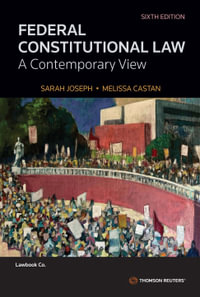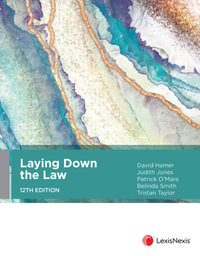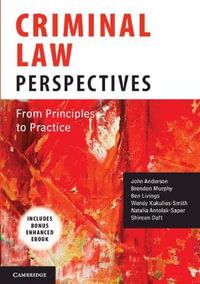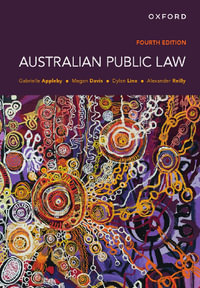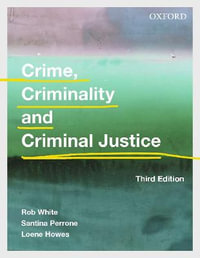Though mental harm can be profoundly disabling, the law imposes strict limits on who can recover damages for it. In the absence of physical injury, compensation is not normally available for negligently-caused mental suffering, however severe, unless it constitutes a 'recognizable psychiatric illness.' Claimants whose mental trauma stems from injury caused to someone else are subject to arbitrary restrictive liability rules that dispense with established legal principles and cannot be reconciled with scientific advances. It is argued that the reluctance to provide redress reflects an enduring suspicion of intangible injury and undue fear of proliferating claims. The scale and legal ramifications of the Hillsborough disaster (the Sheffield, England football stadium stampede), the emergence of claims arising from work-related stress, and other new categories of claims based mainly on prior relationships between the parties, have all added to a 'floodgates fear' that has intensified due to popular perceptions of a 'compensation culture.' This innovative book traces the history of civil liability for mental harm up to the present day. It contrasts the limited scope for liability under English law with developments in several other jurisdictions. It argues that statutory reform is needed to achieve greater legal coherence, and to provide a remedy that tracks the impact and severity of harm and is not confined to psychiatric disorders. A new legal framework is offered, rooted in reasonable foreseeability of severe mental or emotional harm. To allay concerns about proliferating claims, modifications to the compensatory regime for personal injury are proposed.
Industry Reviews
...this latest work by Harvey Teff is a worthy addition to the list...the earlier chapters contain a valuable discussion of many aspects of English psychiatric injury law...A final feature of this fascinating book is the new insights that Teff gives us on the "floodgates fear". Peter Handford, Winthrop Professor of Law, University of Western Australia Tort Law Review 2009, 17 While this book contains a thorough examination of the leading cases and scholarship, what really sets the book apart from the rest is not its detail, but its reformist aim, bolstered by an impressive analysis of developments in a range of other common law jurisdictions including Australia, New Zealand, Canada and the USA. Causing Psychiatric and Emotional Harm is an impressive book. It's size is surprisingly deceptive as Teff manages to console a wide breadth of scholarly research into a mere 190 pages of text. It is especially hoped that Causing Psychiatric and Emotional Harm might be considered, discussed and cited by members of the judiciary. Carol Forrest Legal Studies Volume 30, Number 4, 2010



